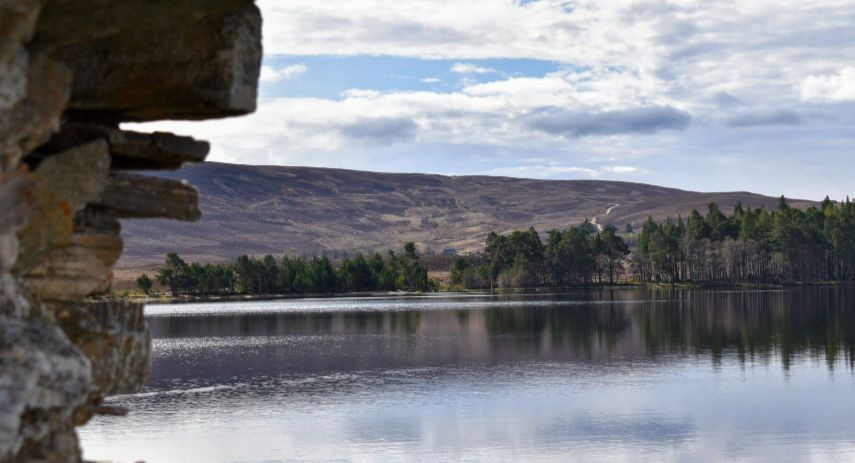
Scotland’s land: The journey is not over
Michael Russell

New national survey finds 96% of people say Scotland needs more land reform
Earlier this month, the Scottish Parliament passed the latest Land Reform Bill by a clear majority. It was the third land reform bill in the life of devolution, a testament to the enduring public will for change.
Much progress has been made in the last 25 years, including with this new bill that will shortly receive Royal Assent, but we must also recognise that the journey towards a fully land reformed Scotland is not yet complete.
That desire for continued change was borne out in a major survey by the Revive coalition which reported in October. It is also clear from the results of the Scotland Futures project which has been undertaken by the Scottish Land Commission over the past year.
This was one of the most comprehensive public engagement exercises on land reform since devolution. We listened to over 1,200 voices - individuals, communities, farmers, landowners, campaigners and more.
From the Borders to Benbecula, city estates to island crofts, one message cut through with striking clarity: Scotland continues to need, and to want, land reform.
In fact, 96% of respondents told us so.
Many people believe that for too long, decisions about land have been made far from the communities most affected. They think that too much land, and the power that comes with it, remains in too few hands. They spoke of young families unable to find sites for homes, small businesses held back by a lack of access, and communities kept out of the loop whilst decisions are made about their future. One person from Stirlingshire told us:
“Land is power, and those owning great swathes of it can exert economic, political, social, and environmental influence which may not be to the advantage of local communities.”
The new Land Reform Bill takes important steps to address these issues: including increased transparency, introducing the possibility of land sale ‘lotting’ to widen opportunities, and requiring large-scale landowners to produce public land management plans. Yet, there is more to be done.
People want a complete and accessible Land Register. They want owners, especially those with significant holdings, to live near and engage constructively with the communities they affect - as of course the best landowners now do.
They want derelict and vacant land brought back into productive use. Above all, they want land to be part of the solution to Scotland’s biggest challenges: the housing crisis, climate emergency, and declining local economies. A person in East Dunbartonshire put it plainly:
“Communities shouldn’t need to use the grapevine to find out who owns land that directly affects community aspirations and people’s quality of life.”
For many, land is not just a resource; it is identity and belonging. The traditional Gaelic concept of dùthchas - a mutual relationship of care between people and the land - still resonates.
Land Reform - yesterday, today and tomorrow - is about fairness and democracy and ensuring that land, our most foundational asset, works in the public interest.
Some argue that reform risks creating instability or deterring investment. Certainly, the legislative burden needs to be as light as possible but genuine stability, leading to confident investment for the long term can only come from clarity shared purpose, and partnership, not from holding onto outdated patterns of ownership rooted in the past.
Land reform has always been “a process, not an event.” The new legislation acknowledges that by building in a statutory review of its effectiveness. It is now part of a living democratic system that can and will evolve.
We are making progress, but we are not there yet. People want to see tangible results from the new bill and from future initiatives.
“Action, action, action. Not more consultation,” wrote one Highland resident.
We have a chance to build a Scotland in which there is a genuine democratic approach to the shared opportunity and the greater prosperity for all which land presents.
That would be a Scotland in which land helps us face the greatest challenges of our time and builds confidence in our collective future.
The passage of the Land Reform Bill is not the end of the story. It is in fact the opening of a new chapter, one with the people of Scotland at its ambitious heart.